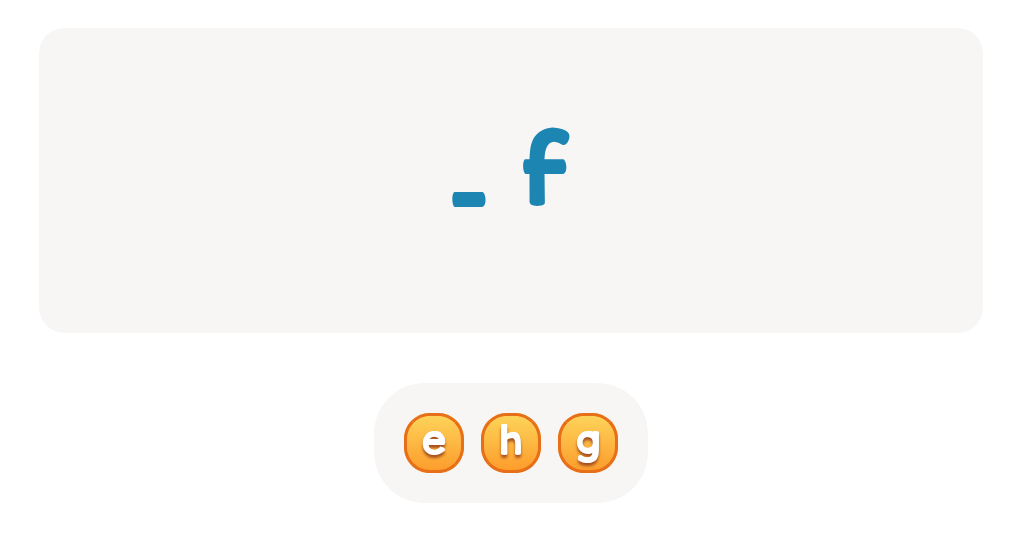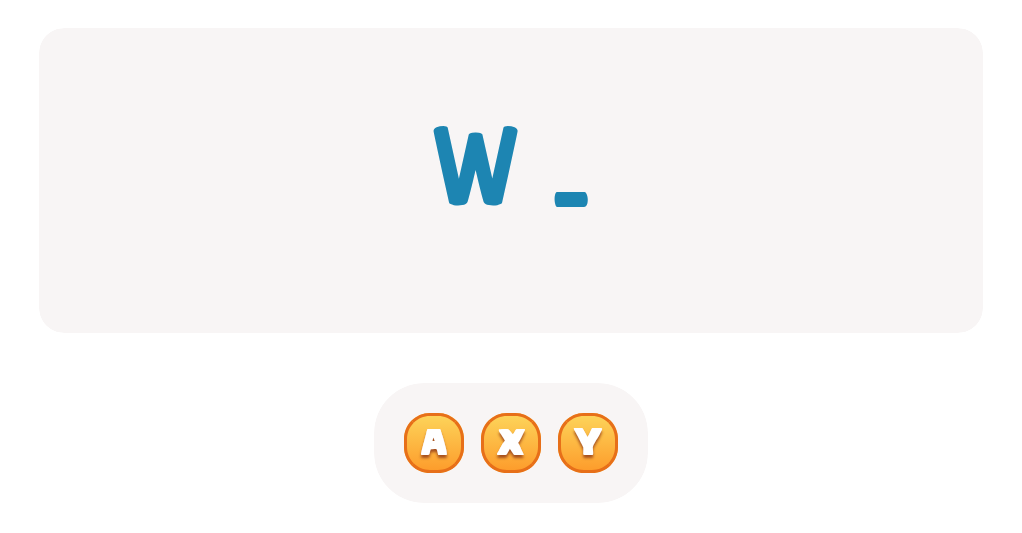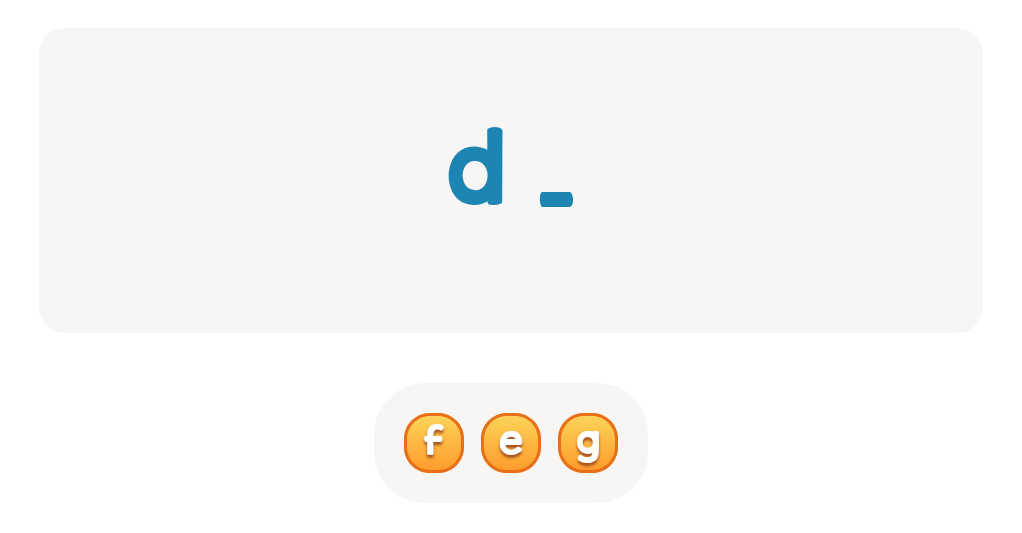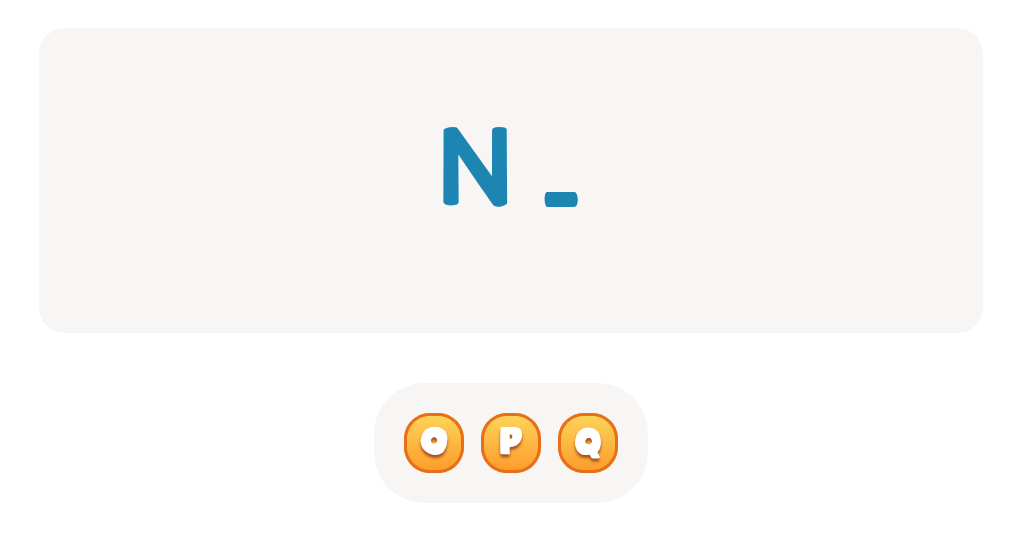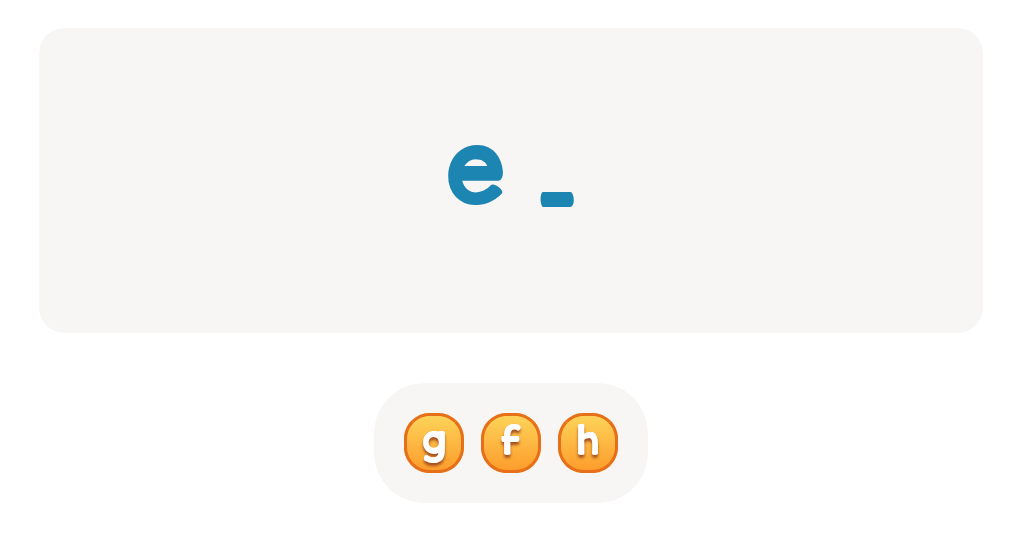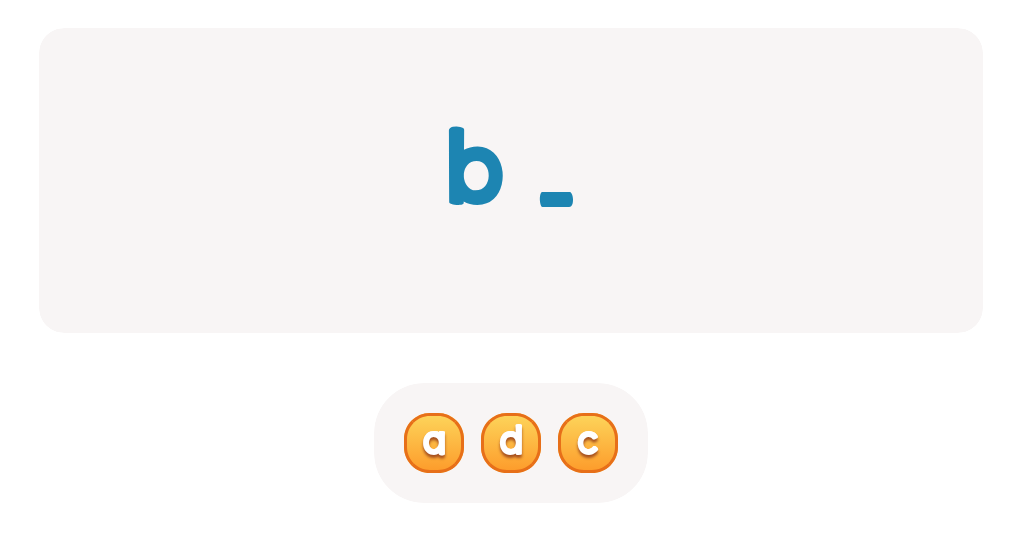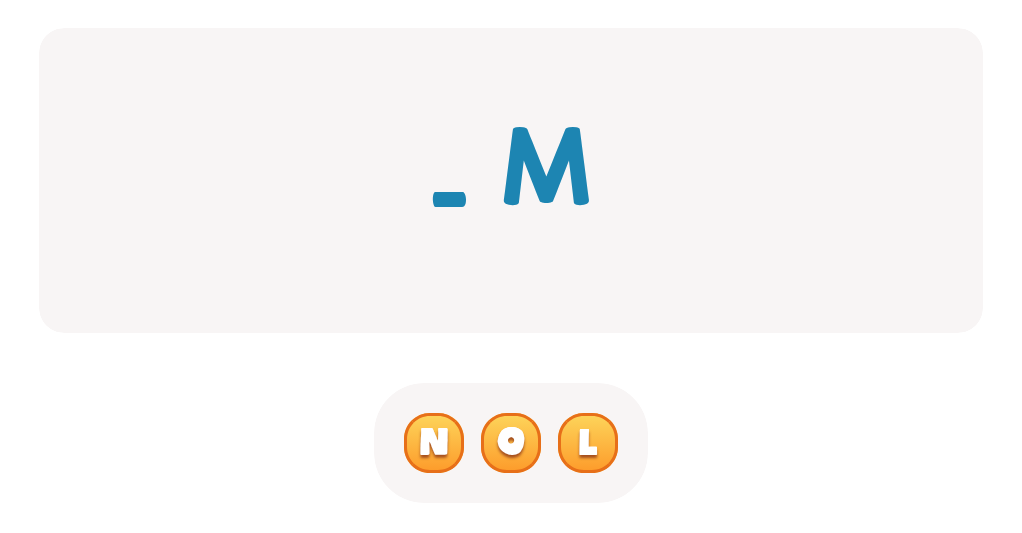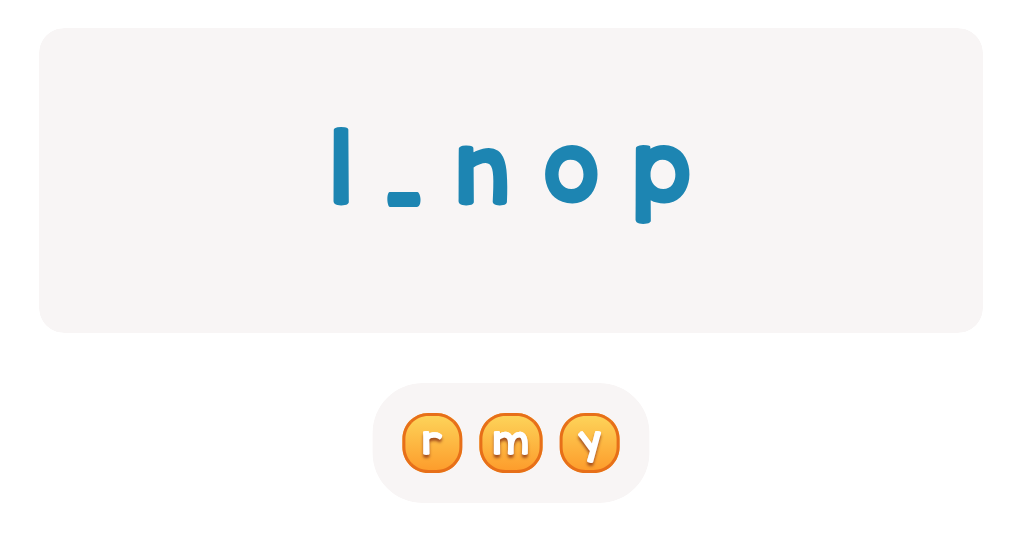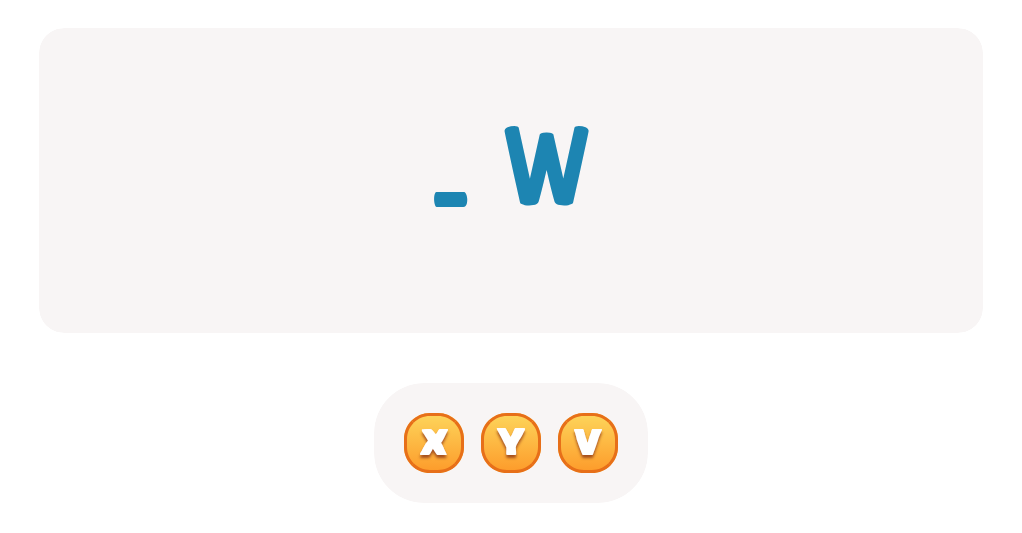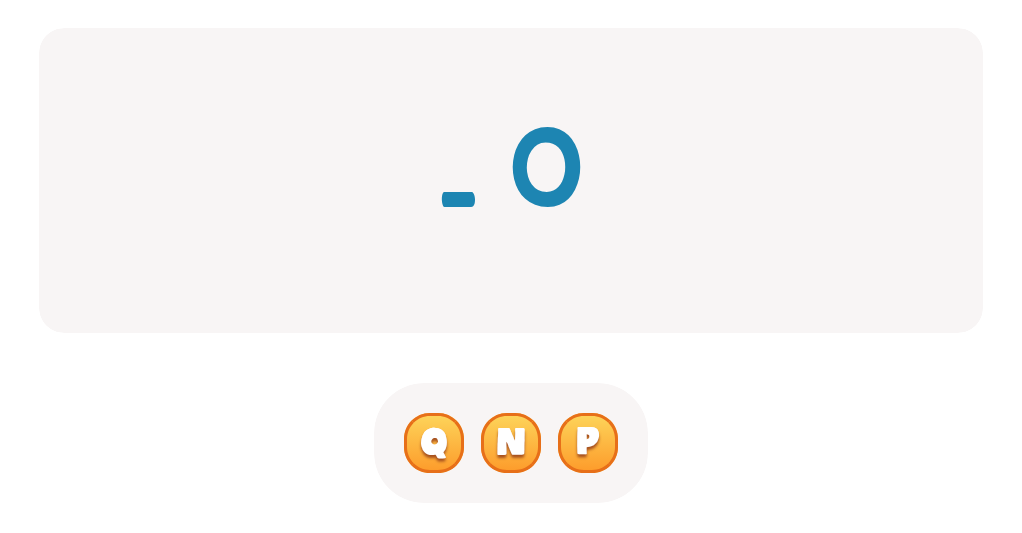Alphabet Recognition Normal ABC Letters Worksheets for Ages 4-8
19 filtered results
-
From - To
Enhance your child's early literacy skills with our Alphabet Recognition Normal ABC Letters Worksheets, designed for ages 4-8. These engaging and interactive worksheets provide a fun, hands-on approach to learning the alphabet, reinforcing letter recognition through vibrant activities. Children will explore various exercises that promote visual discrimination and memory while developing fine motor skills. Our resourceful worksheets cater to different learning styles, ensuring that every child can thrive. Instill a love for reading and writing early on with these high-quality materials. Start your child’s journey to becoming a confident reader today! Explore our collection of worksheets now!
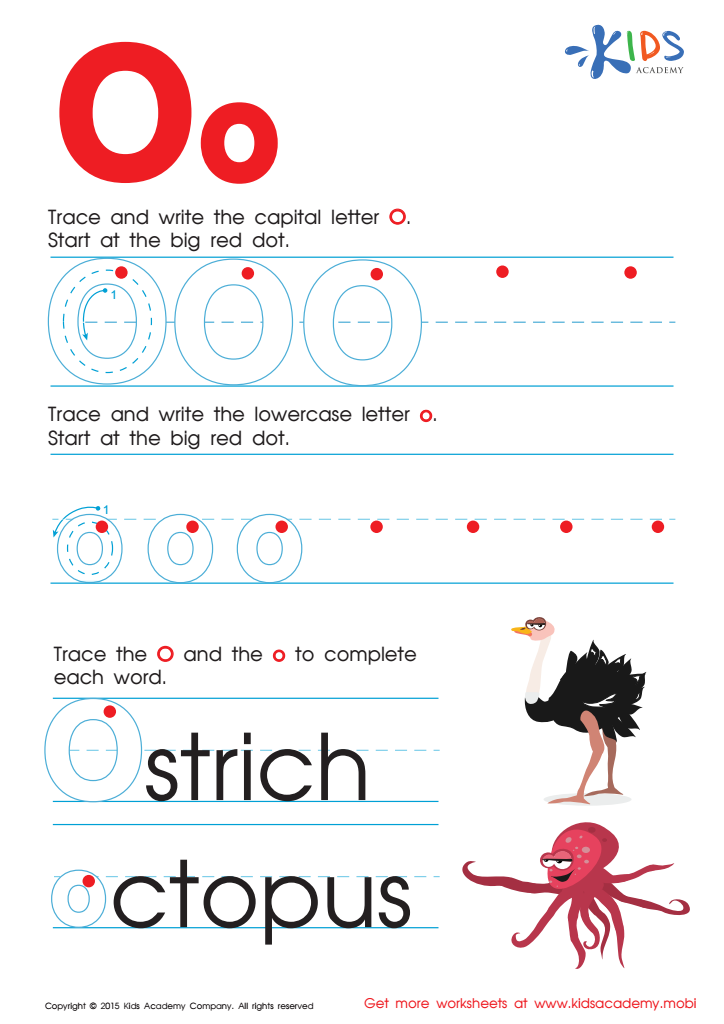

Letter O Tracing Page
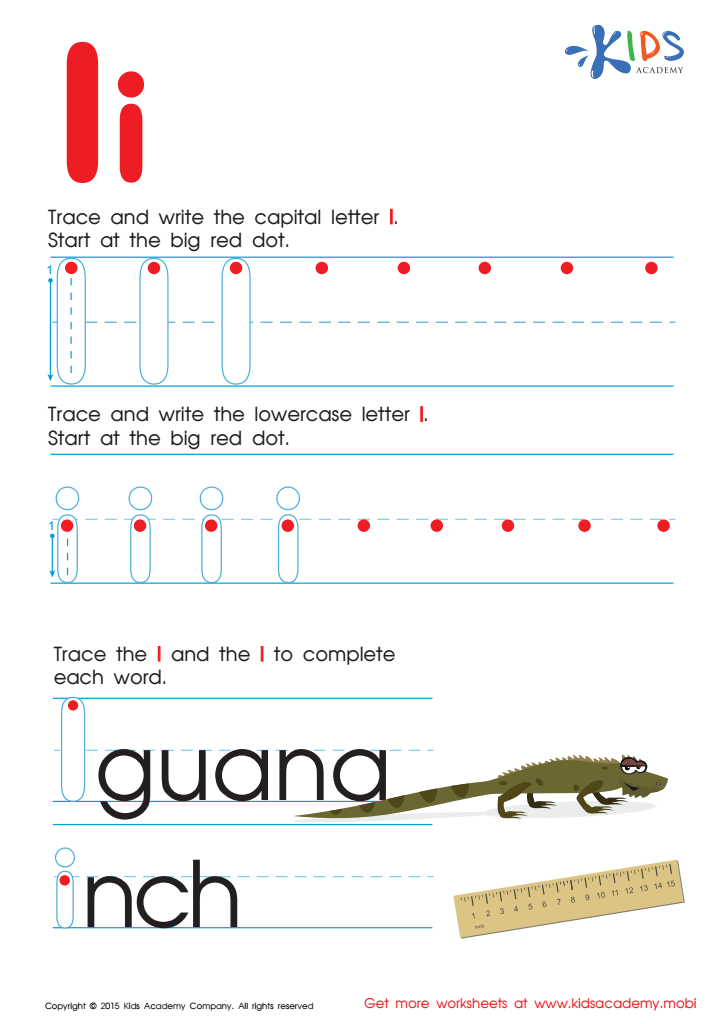

Letter I Tracing Page
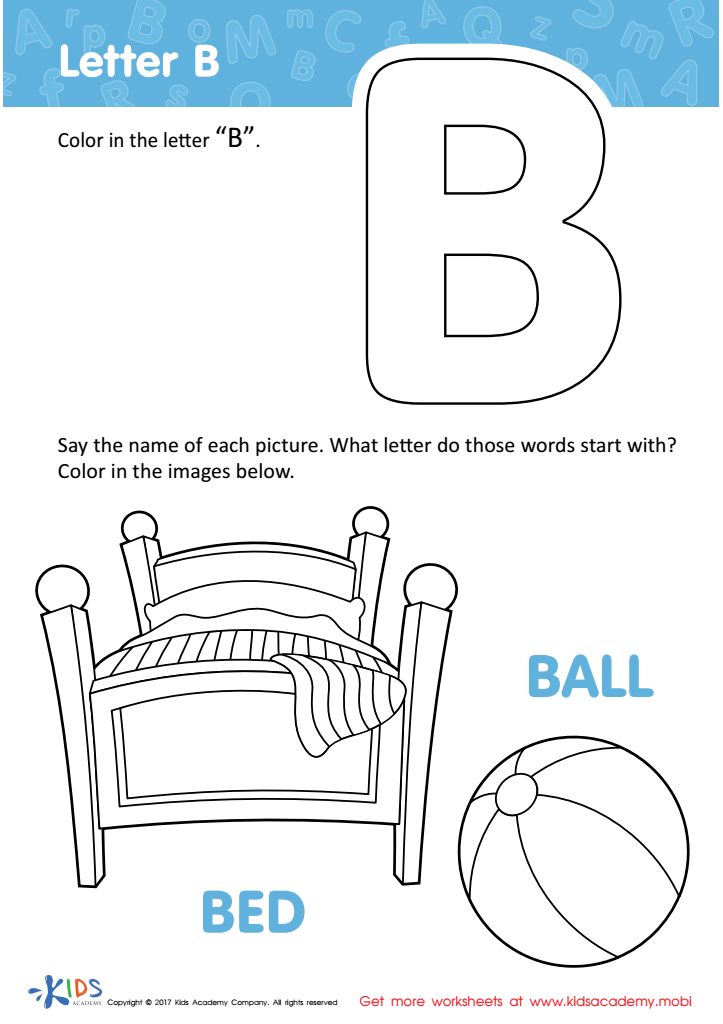

Letter B Coloring Sheet


Letter A Coloring Sheet
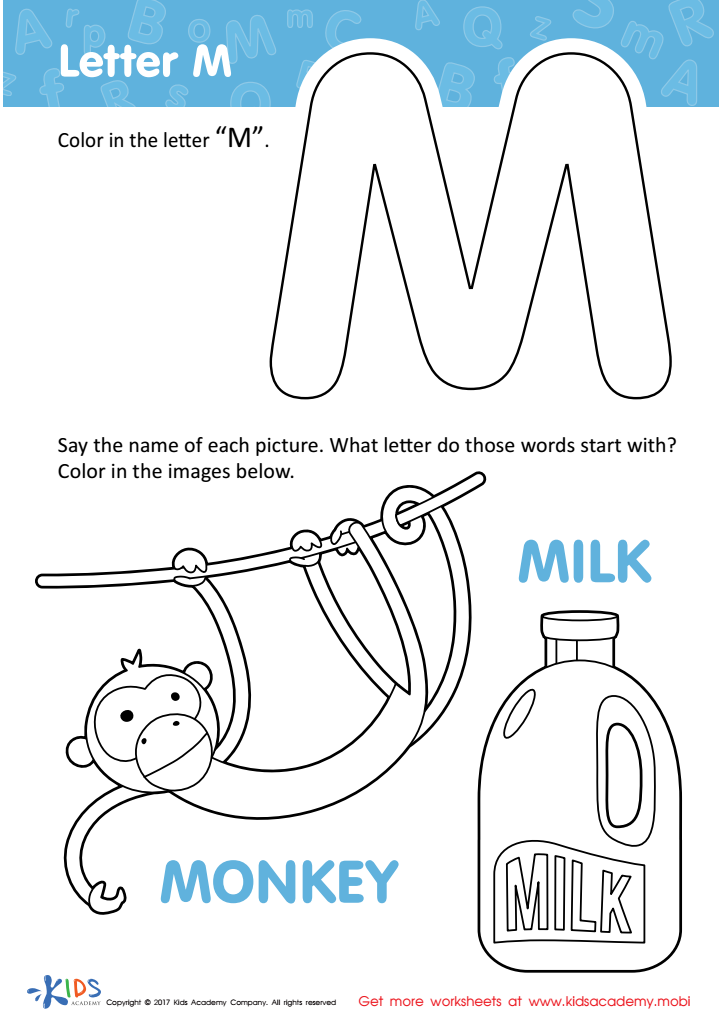

Letter M Coloring Sheet
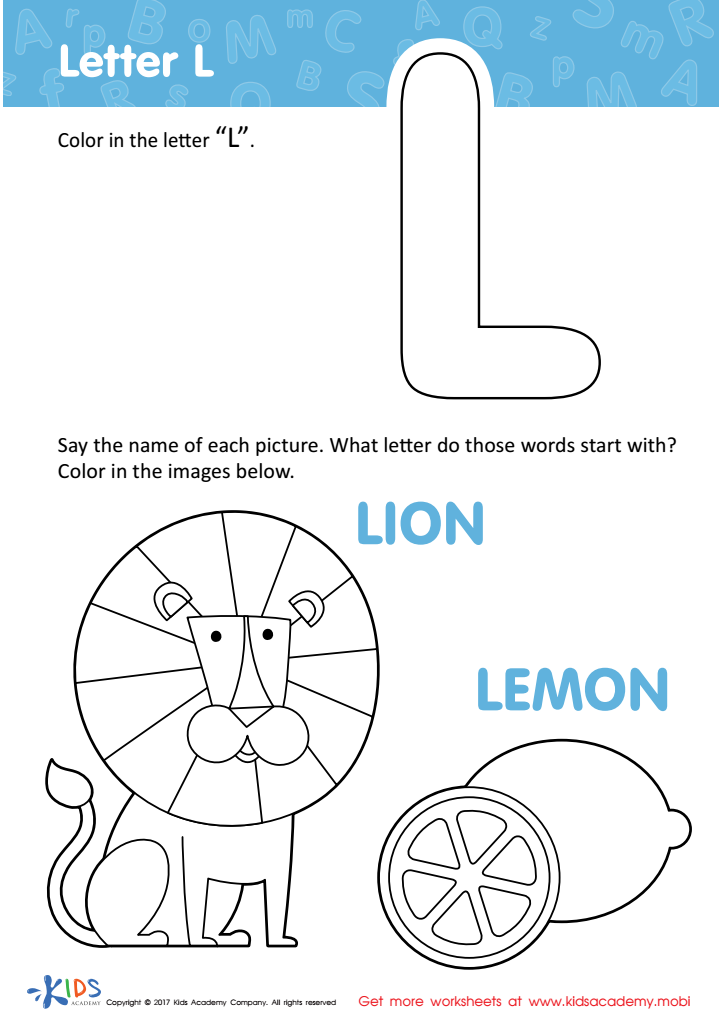

Letter L Coloring Sheet
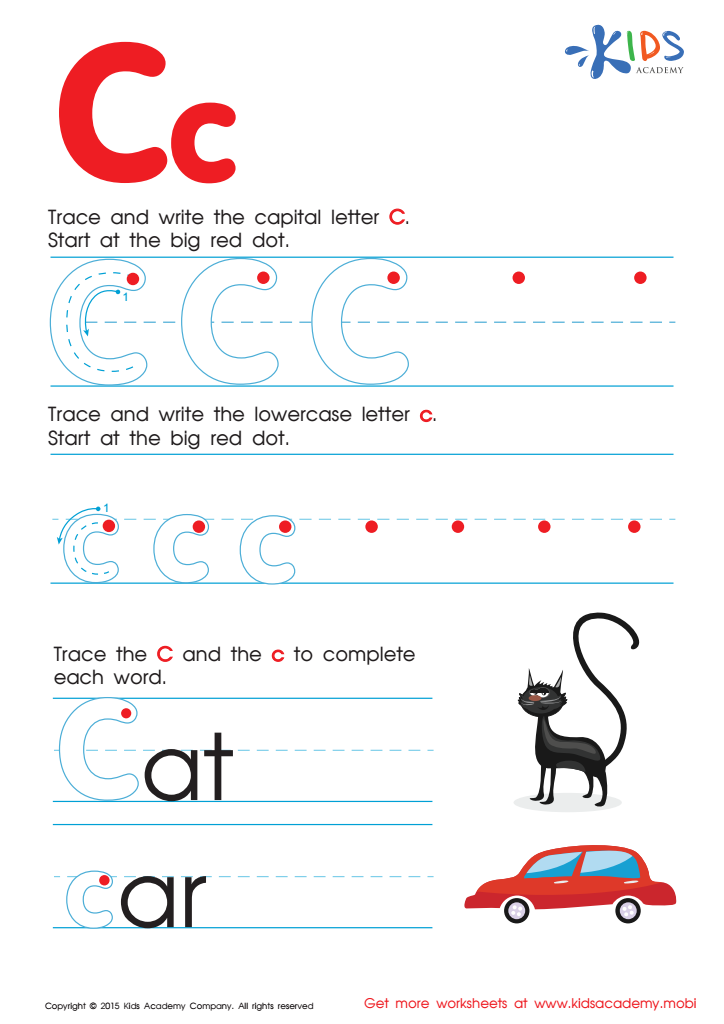

Letter C Tracing Page
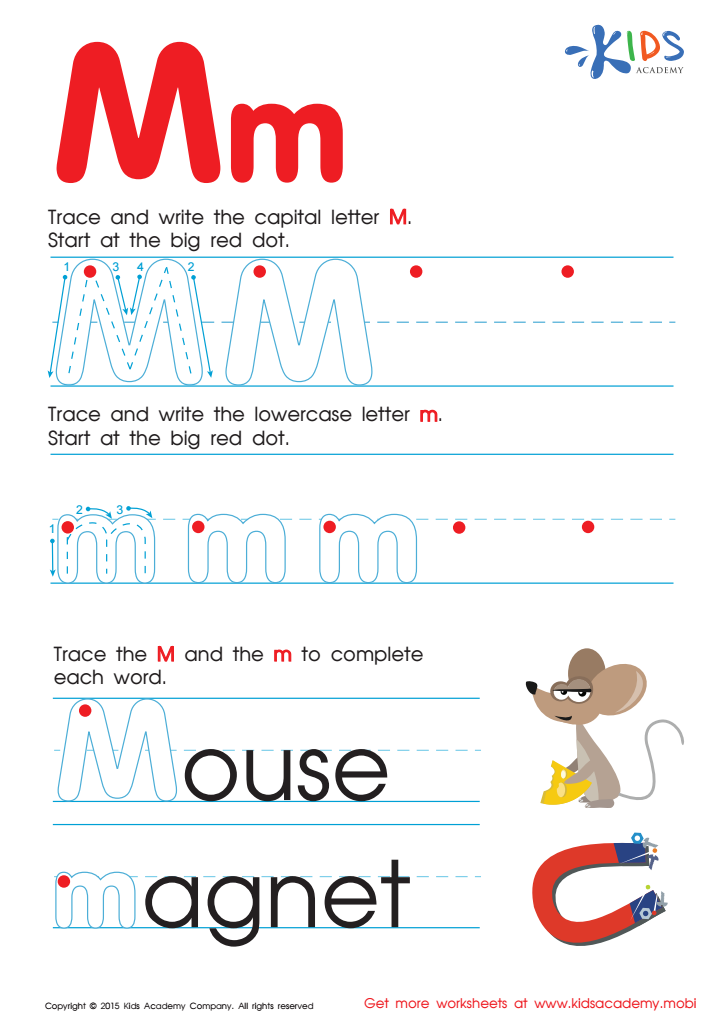

Letter M Tracing Page
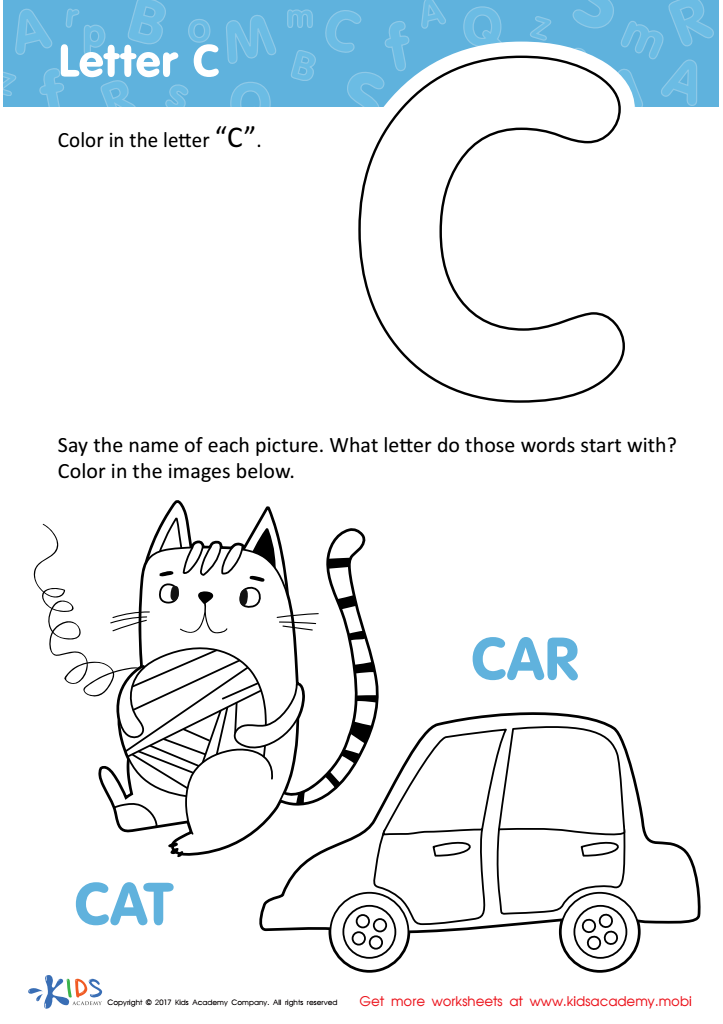

Letter C Coloring Sheet
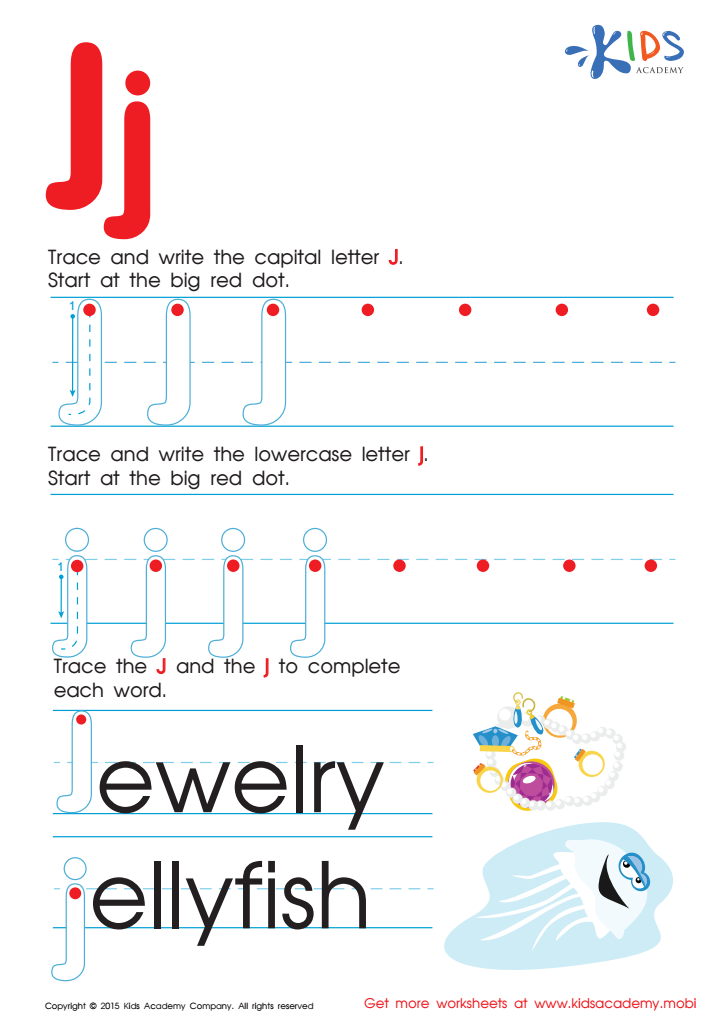

Letter J Tracing Page
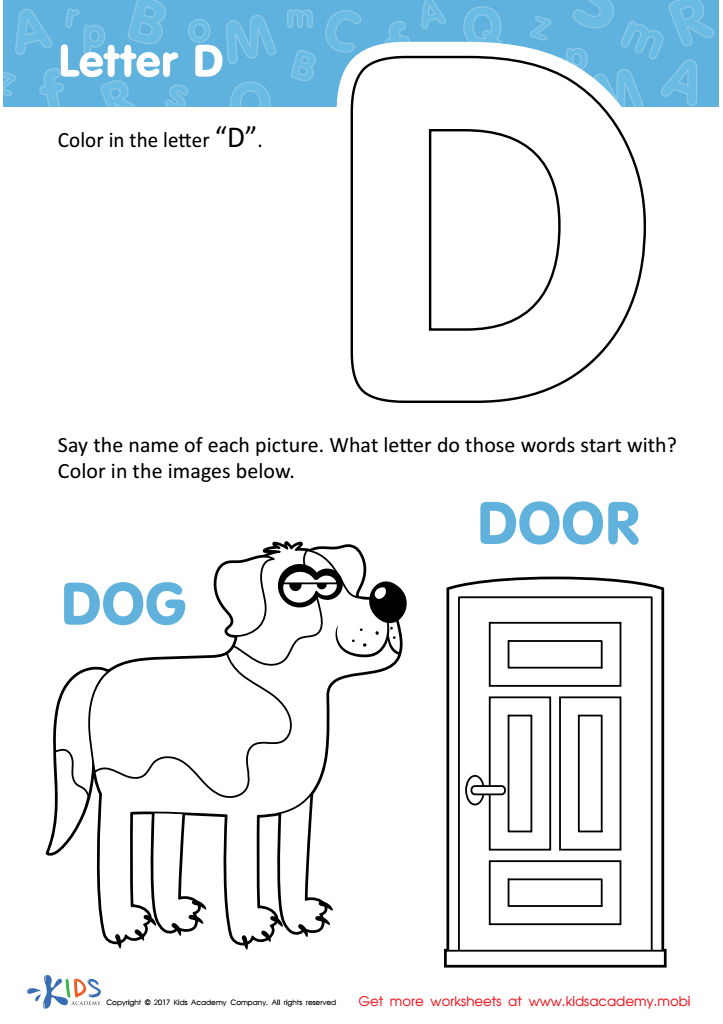

Letter D Coloring Sheet
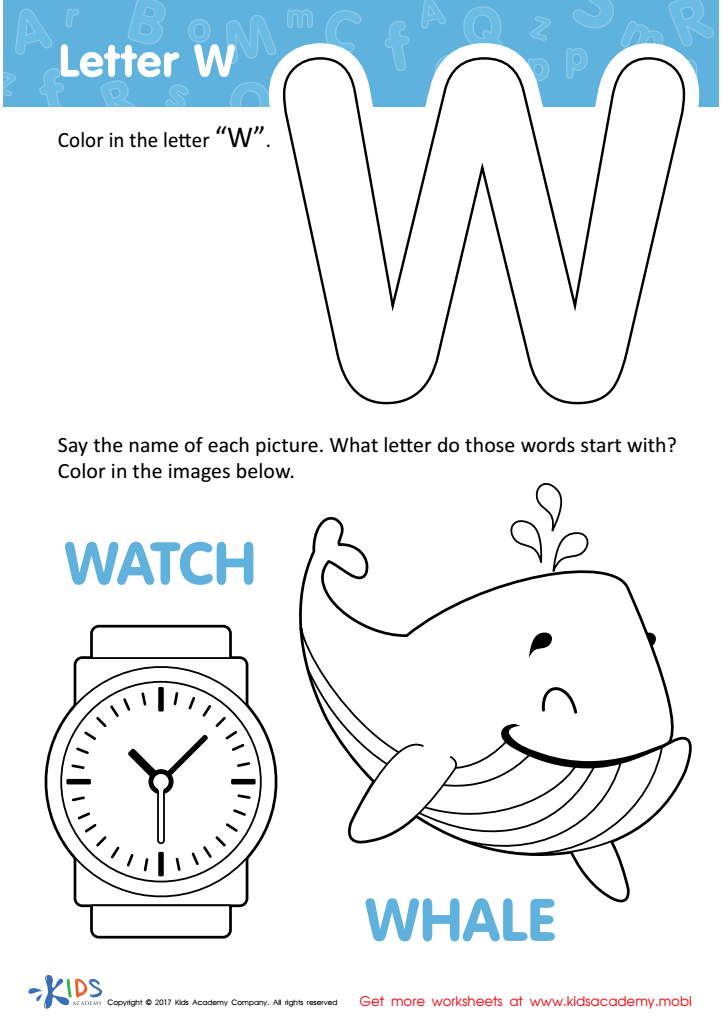

Letter W Coloring Sheet
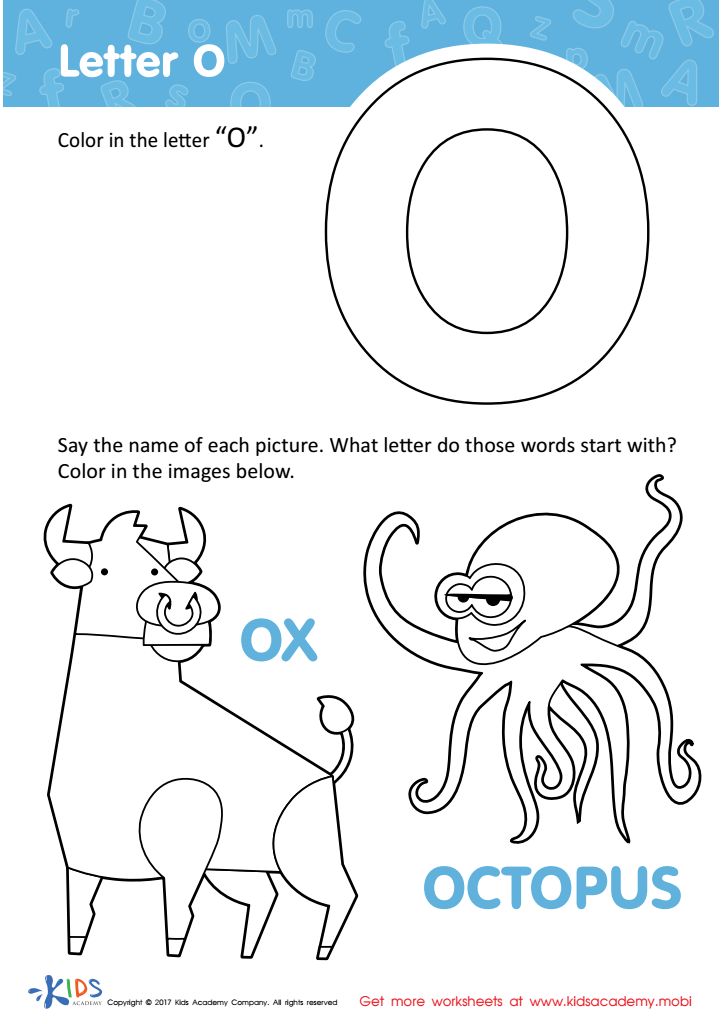

Letter O Coloring Sheet
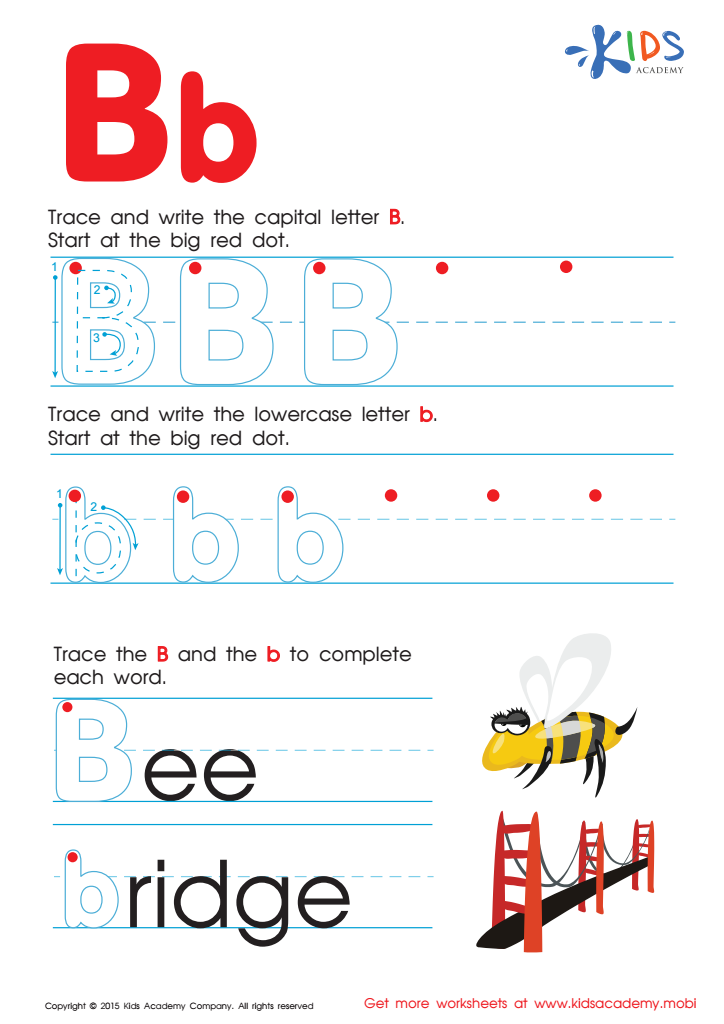

Letter B Tracing Page
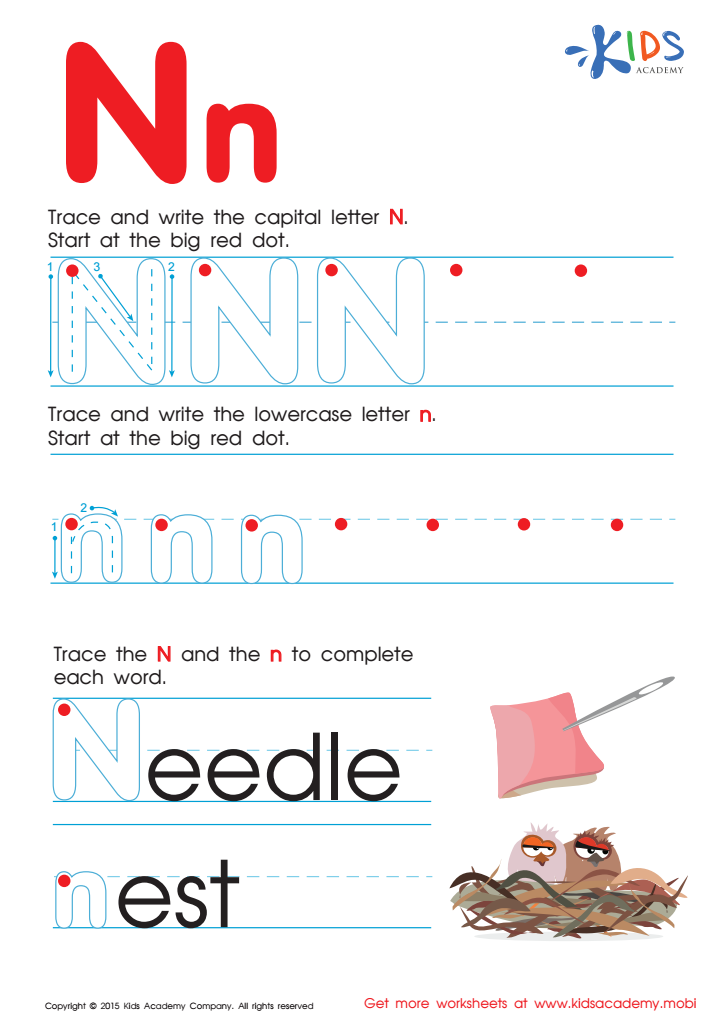

Letter N Tracing Page
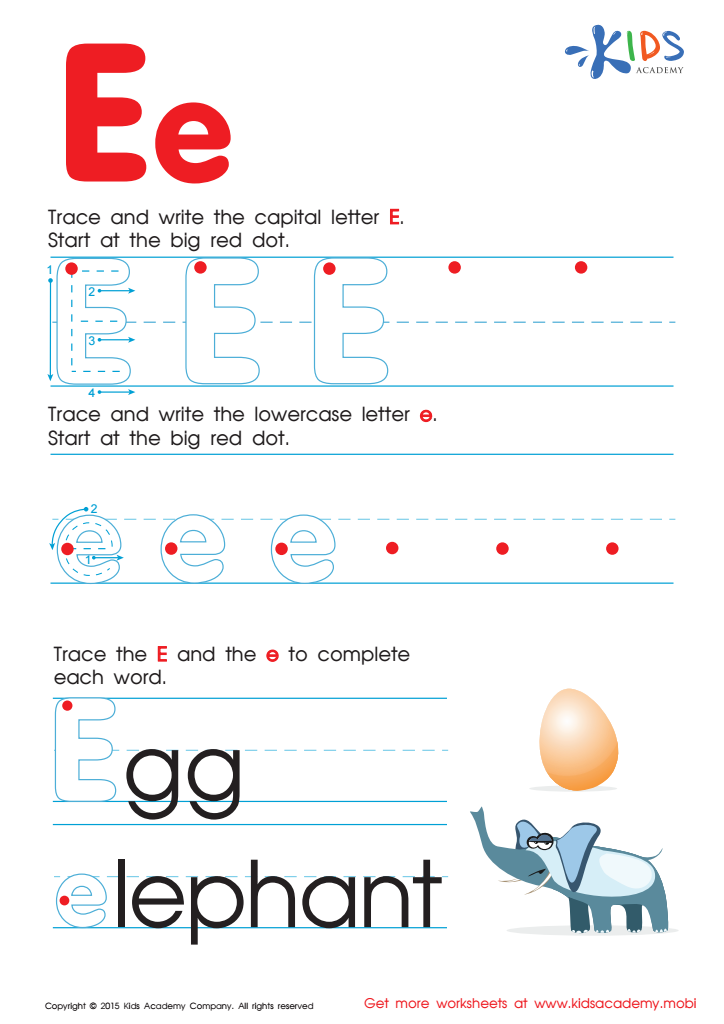

Letter E Tracing Page
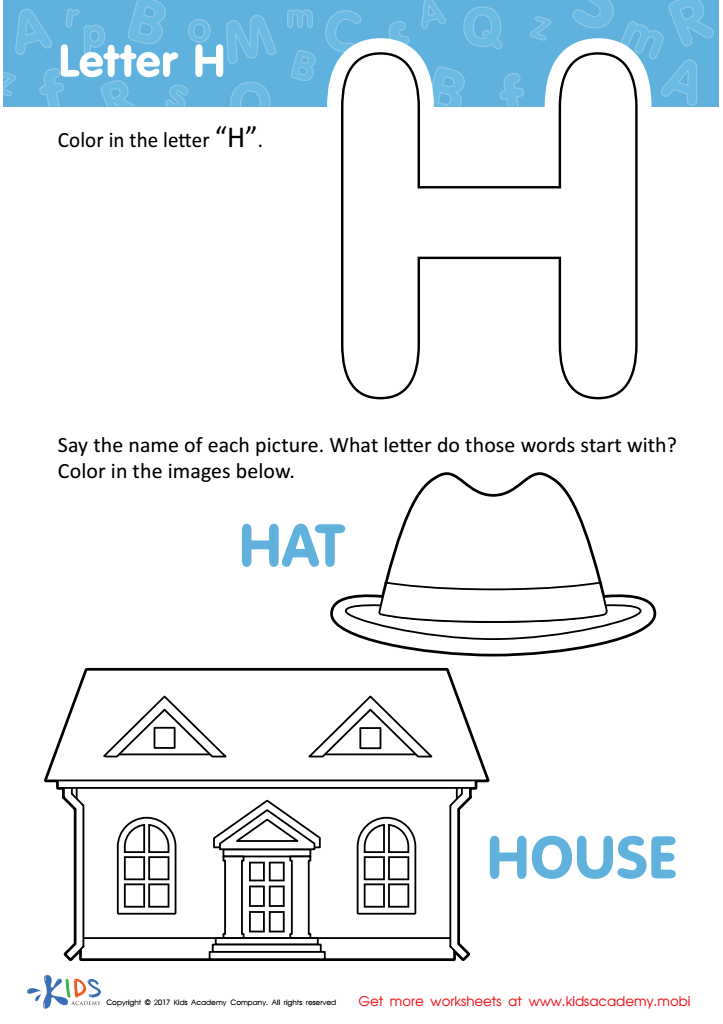

Letter H Coloring Sheet
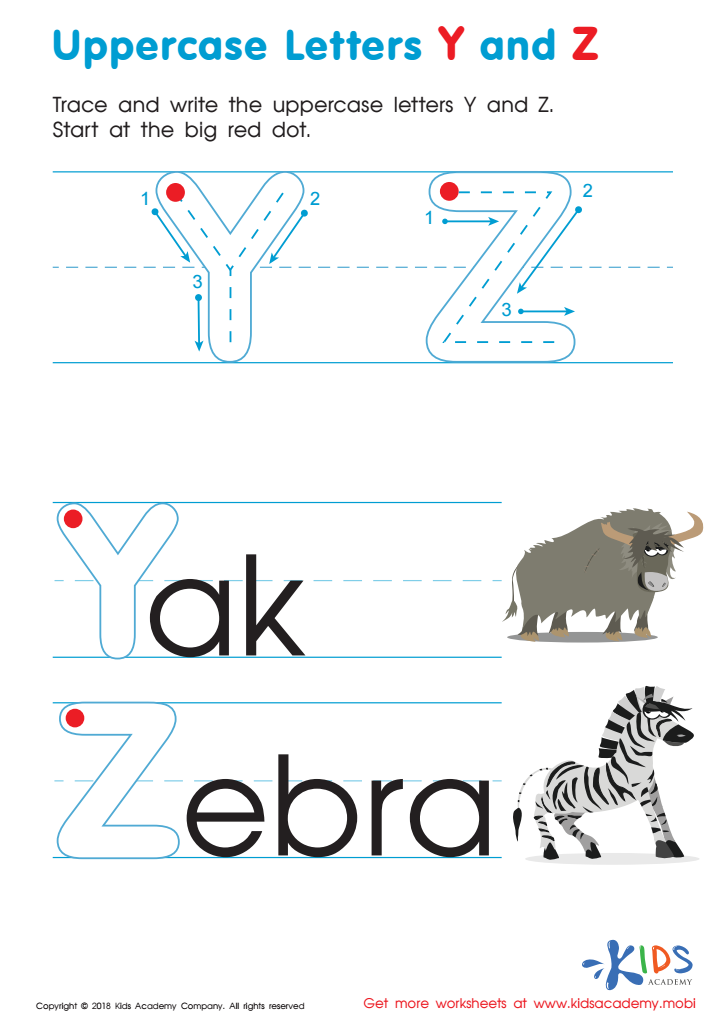

Uppercase Letters Y Z Worksheet
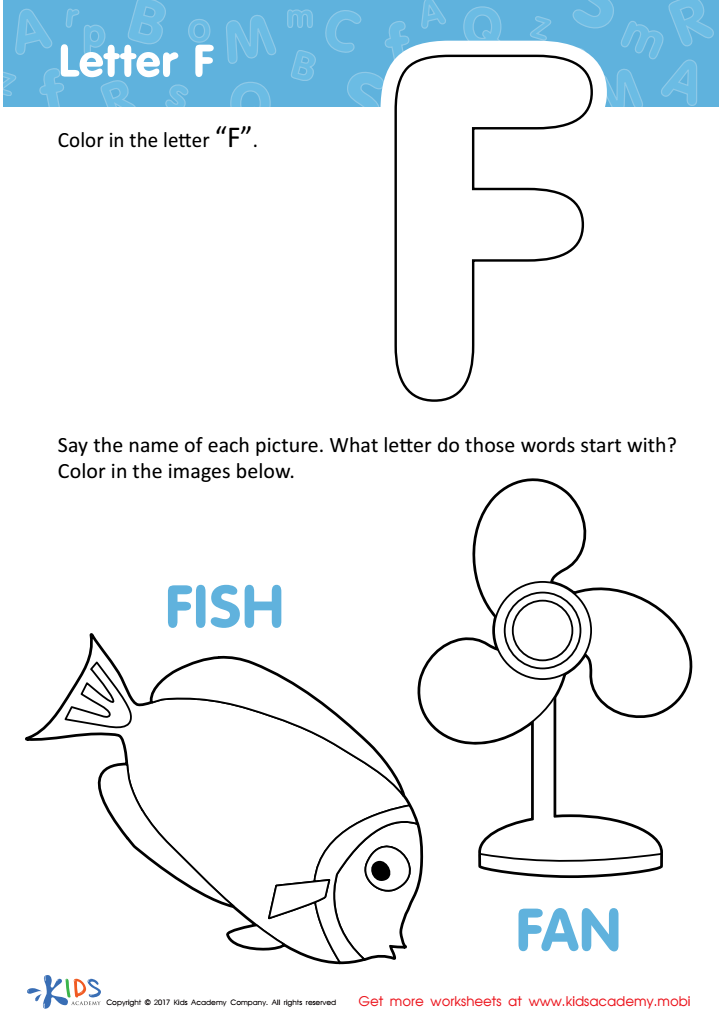

Letter F Coloring Sheet
Alphabet recognition is a foundational skill crucial for literacy development in children aged 4-8. It serves as the building block for reading, writing, and overall language acquisition. Parents and teachers should prioritize this skill because recognizing and naming letters helps children easily identify written words, enhancing their reading fluency and comprehension. This proficiency fosters confidence and a love for reading, essential ingredients for lifelong learning.
Additionally, mastery of the alphabet contributes to improved spelling and writing abilities. When children can recognize and manipulate letters, they are better equipped to understand phonetic principles and how sounds correspond to letters. This understanding promotes better communication skills, facilitating their ability to express ideas thoroughly and coherently.
Promoting alphabet recognition also has socio-emotional benefits. Children who feel accomplished in their literacy skills tend to have higher self-esteem, leading to a more positive attitude toward school and learning. Engaging in alphabet recognition activities—like interactive games, songs, and storytelling—fosters a supportive learning environment where exploration is encouraged.
In conclusion, prioritizing alphabet recognition in early education is essential not only for academic success but for cultivating confident and enthusiastic learners who are prepared for more complex literacy tasks in the future.
 Assign to My Students
Assign to My Students
